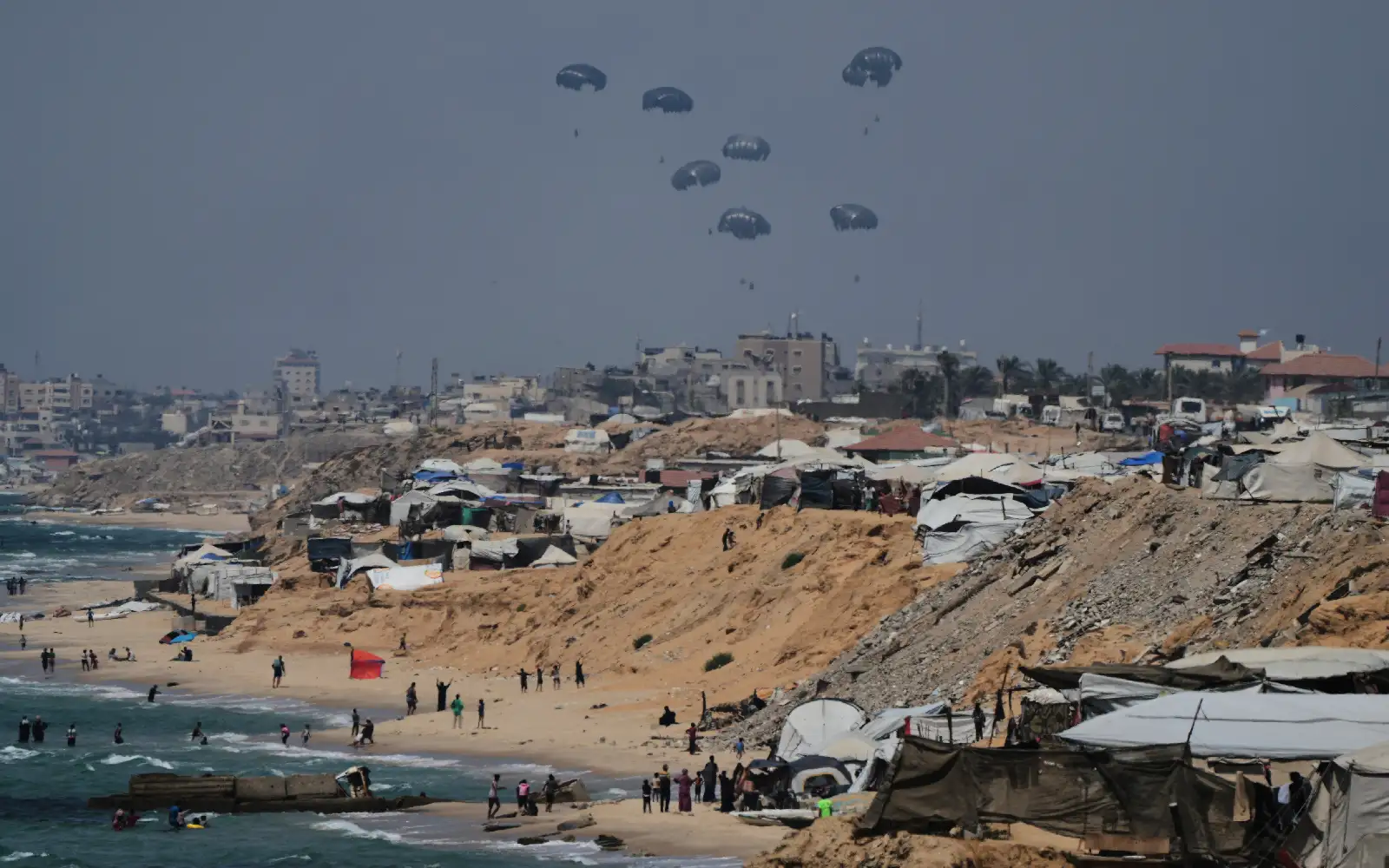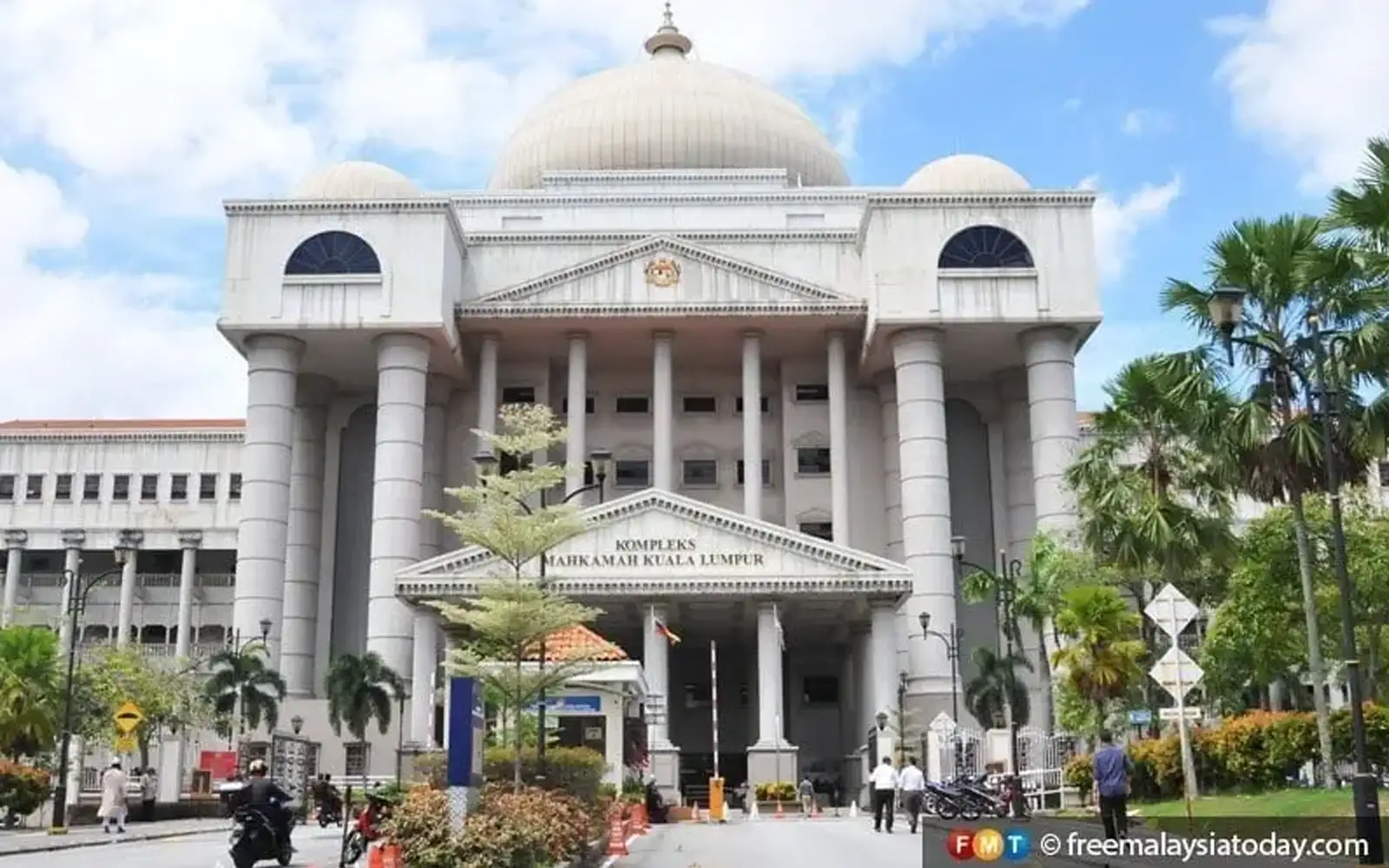Hunger-related Deaths Increase in Enclave, Thousands of Children Suffering from Malnutrition
A concerning trend has emerged in the enclave as hunger-related deaths are reported to be on the rise. The situation has become particularly dire for thousands of children who are now suffering from malnutrition.
Increasing Hunger-Related Deaths
Recent reports from the enclave have highlighted a distressing increase in hunger-related deaths. The exact number of fatalities is yet to be confirmed, but local sources indicate a notable surge in cases where individuals have succumbed to the effects of malnutrition and hunger.
The reasons behind this rise in hunger-related deaths are multifaceted and complex. Limited access to food resources, economic instability, and ongoing conflicts in the region have all contributed to the worsening food insecurity situation. The lack of adequate nutrition is exacerbating pre-existing health conditions, making individuals more vulnerable to illnesses and ultimately leading to an increase in mortality rates.
Plight of Malnourished Children
Among the most vulnerable groups affected by the escalating food crisis are children, with thousands now suffering from malnutrition. The impact of malnutrition on children is especially severe, as it can have long-term consequences on their physical and cognitive development.
Malnourished children are at a higher risk of experiencing stunted growth, developmental delays, and compromised immune systems, making them more susceptible to illnesses. Without timely intervention and access to proper nutrition, the long-lasting effects of malnutrition can hinder a child’s overall well-being and future prospects.
Root Causes of the Crisis
The root causes of the escalating hunger crisis in the enclave are deeply intertwined with a range of socio-economic and political factors. Conflict and instability in the region have disrupted food production and distribution systems, leading to food shortages and skyrocketing prices.
Additionally, economic challenges have further exacerbated the situation, making it increasingly difficult for families to afford basic necessities such as food and healthcare. The combination of these factors has created a vicious cycle of poverty and food insecurity, disproportionately affecting the most vulnerable populations, including children and the elderly.
Call for Urgent Action
As the enclave grapples with the devastating consequences of escalating hunger-related deaths and widespread malnutrition, there is an urgent need for coordinated action to address the root causes of the crisis. Immediate humanitarian assistance, including food aid and medical support, is essential to prevent further loss of life and alleviate the suffering of those affected.
Furthermore, long-term solutions are needed to address the underlying issues contributing to food insecurity, including promoting sustainable agriculture, improving access to education and healthcare, and fostering economic stability in the region. Only through concerted efforts from local authorities, international organizations, and the global community can meaningful progress be made towards ensuring food security and well-being for all residents of the enclave.
Source
This article is written in response to original article.










